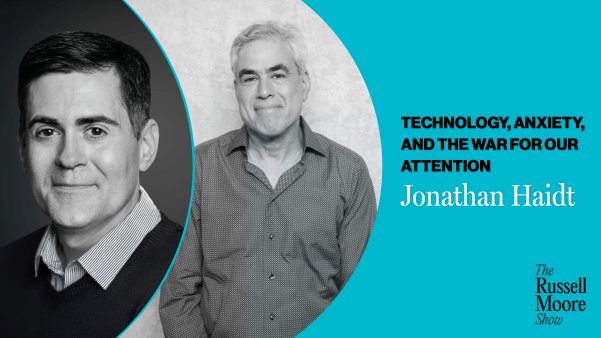After ten years of editing LEADERSHIP journal and CHRISTIANITY TODAY magazine, I have decided to change jobs. If I had realized that my resignation would bring so many nice comments about what a great guy I was, how effective my outstanding journalism was, and how much my sterling personality would be missed, I would have left years ago.
Fortunately, those comments have been balanced by others that have kept my feet on the ground:
One person said, “I thought you’d never leave.” (I couldn’t quite make out the emphasis.)
Another said, with an enigmatic smile, “We can’t quite believe you’re leaving.”
A third simply said: “You have been here for a long time.”
Others have been a bit more bald. For years I have encouraged candor from my colleagues, and I interpret the following as proof that my lessons have been learned:
“Am I going to get what you promised me last year?”
“When football coaches retire, the whole staff goes, too. Does this mean I need to look for another job?”
Far and away, however, the most interesting group of comments (and the ones that surprised me the most) came from those who were also considering job changes. I had been naive, I guess, about how many and how often people in our culture think about their careers and ways to advance them. Seeing someone else make a move, I learned, triggers a wide range of emotions, and it places the person making the move in the position of confidante and reassurer.
I don’t know that I did a very good job in these roles. I know that I didn’t come out of it an expert in vocational counseling. But I did find myself saying several things over and over again.
Often the questions were basic queries about whether or not they should look for a new position. “I’m not really unhappy with what I’m doing,” explained one, “but I don’t want to miss any opportunities, either.”
My unfailing advice to these was this: Explore every possibility.
I based my advice on some I received long ago. You never know how God’s call will come. And sometimes the very process of going through a job inquiry, search, or even interview will tell you more about what it is you really want to do.
After I dropped this pearl of wisdom, however, I always felt compelled to add a balancing maxim: Create a bias against leaving.
Like it or not, we are fickle creatures, and some days the slightest thing can upset us. The grass-is-greener syndrome is a powerful pull, and too many things conspire to make us think we can do better elsewhere. All said and done, however, we usually can’t.
Our transitory society makes a virtue out of short job tenures and temporary experiences. Models of success are often portrayed as a series of different kinds of jobs that broaden one’s horizons. This freedom to change may not be entirely bad, but the extremes to which it is taken probably are. I know one man who moved often and then found a year ago he couldn’t get a new job. He’s still looking.
The Christian concept of faithfulness endorses a willingness to stick things out even when the going gets tough. We can legitimately apply that concept to our current jobs, colleagues, and employers.
But I found myself always saying a third thing, too: Nothing on earth is forever; God is in control. In the final analysis, we are pilgrims passing through this land, headed for a final home in heaven. That scriptural truth has application to as mundane a thing as what we do for a living. The most important thing is being in tune with God’s will for our life, not building a career, which can’t possibly last.
I’m leaving my job here to teach at Austin Presbyterian Theological Seminary. The decision was difficult, and after exploring all the pros and cons I found myself tipped in the direction of going by the following line of logic:
– teaching the courses I will be assigned in Texas is a job that must be done. It is important to the Kingdom.
– teaching is something I can do; others have confirmed it is one of my gifts.
– teaching is something I want to do; I will enjoy it.
How often in life do we get to do something important for the Kingdom, and enjoy it at the same time? I have felt blessed in having both at CTi-and now in my new job, too.
My years at CTi have been good. I have learned much as an editor, and I will miss that role deeply. I will continue to be associated with the publishing ministries of CTi from my new home in Texas. Once editing gets in the blood, it’s impossible to quit cold turkey.
But I leave having learned the biggest lesson of all-the sufficiency of the gospel of Jesus Christ. No matter how difficult the problem, the story of God-become-man-to-save-us-from-our-sins works every time to show the way.
In an age when intellectual fashion changes yearly, and management techniques more often than that, the never-ending nourishment of the gospel is really quite remarkable. It’s so remarkable that when career seekers asked me for advice, I told them all the other things, but I always ended with this amazing thought: the gospel is sufficient.
It’s the thought I leave with you.
Terry C. Muck is a senior vice-president of Christianity Today, Inc.
Copyright © 1990 by the author or Christianity Today/Leadership Journal. Click here for reprint information on Leadership Journal.








